Minimum wage in France? What you need to know
With its history, art scene and cosmopolitan cities, it’s no wonder France is a huge draw for expats who are looking for a new home. But once you’ve made a...

Have you spotted your dream job in France? If you’ve made it to the interview, you’ve already overcome a number of hurdles, from visa qualifications to being qualified for the role. French jobs are highly sought-after, both internally by French people and externally from foreigners. French protections for workers are some of the best in the world, and there's a generous holiday policy and great pension plans afforded by the state.
In order to nail the interview you’ll need to know French interview customs so you can make a good first impression. The French interview process won’t be anything wildly different than what you’re used to, but there are still certain quirks that might surprise you. This guide can help you prepare to navigate your interview.
In France, just like in any other country, you should thoroughly prepare for your job interview ahead of time. This means knowing about the job role and researching basic information about the company including its:
You can usually find this information on a company’s website and by looking at annual reports, blog posts, and social media feeds. You can also prepare by researching salaries in your field or at the specific company. Sites like Glassdoor will help you with this.
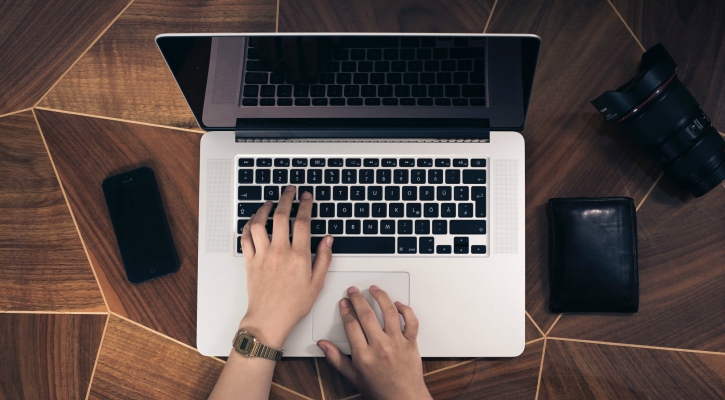
If you’re living abroad or can’t be at the interview in-person, don’t fear. Some companies will offer the option to interview via Skype or another type of face-to-face conferencing system. Online video interviews can be tricky because it’s harder to read body language than in-person interviews.
You should treat a Skype interview like a regular interview. Do the same preparation and look just as presentable (even if you’re secretly wearing pyjama bottoms). Find a quiet space to take the call. Make sure you have a good pair of headphones, a clear speaker, and a good microphone. Make a test call ahead of time to practice, and ensure that your internet connection is stable.
During your video interview, it’s important to jot down notes about what your interviewer is saying. You’ll be glad to refer to these notes later, since you’ll have less of an overall impression of how things went. You may feel like conversation is stilted compared to an in-person talk, because of the fuzziness of a video connection. It’s okay to take your time responding to questions, and take a deep breath before you come up with an answer. Try to be comfortable with a bit of lag-time between when your speaker stops talking and when you start.
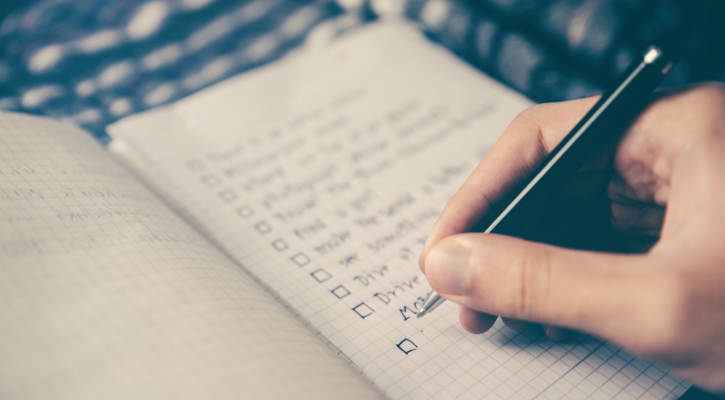
It may seem obvious, but some interviewees struggle with the most important and common interview questions, like:
In advance, think about your answers to all of these questions. It may help you to write them down and then practice them aloud, especially if you’re not a native French speaker. Ensure that you’ve given some thought to answers that demonstrate what sets you apart from the competition.
Other common French interview questions include:
Similarly to other countries, you don’t want to say anything negative about your current employment situation. Which can be difficult if your interviewer asks you directly why you’re leaving your current job. Make sure to emphasize the direction you’d like to go, as opposed to things you hate about your current job. You can also talk about how you’ve gained great experience in your previous positions, and now you’d like to apply them to a role in a new company.

Usually the interviewer will allow time for you to ask questions at the end of your interview. You’ll probably have questions that pop up during the interview. Even if you don’t, you should have several questions ready to go that demonstrate your interest in the job. It’s best to get specific here - instead of asking routine questions that could apply to any company, ask about specific projects or company-specific news or product rollouts.
Some general questions that you can use as a baseline include:
Make sure to avoid questions about holidays, benefits, and salary until you’re offered the job. In France and in other cultures, questions like this might be seen as presumptuous before you have an offer in your hand. These topics will come up at a later point if the company is seriously interested in you as a candidate.
French interview culture is unique. Unlike certain other cultures, the French won’t expect you to bring up a lot of anecdotes when you’re answering interview questions. You should stick to the facts, without weaving in personal stories or going off-topic.
You might be surprised at the level of detail of the personal questions that come your way. As a foreigner, you could be grilled about your marital status, your visa situation, whether you have children, what your hobbies are, or other questions that don’t strictly relate to work. Don’t be offended, it’s just par for the course. When you’re asked a personal question, answer it in a basic way - you don’t ever need to overshare.
The French are known for being meeting enthusiasts. Unlike some other Western counterparts, they might think nothing of staying in a meeting for a few hours, without any particular rush to wrap things up. If you think your interview is dragging, don’t be alarmed. It could just be going at a leisurely pace that you’re not used to.

In an interview in any country, it’s better to be safe than sorry. That is to say, it’s better to be too formal as opposed to not formal enough. A lot of formality in France revolves around language. You should always use formal grammar, such as vous or votre, when speaking to your interviewer. You’ll also want to throw in phrases like ‘I was lucky to have had the opportunity to…’ or ‘I was fortunate to receive the chance to…’ You don’t want to brag or come across as arrogant, as the French won’t find it amusing.
Like in other cultures, you’ll want to be punctual for your interview. There’s less permissiveness around start times than there is around ending times - a meeting might stretch on for longer than anticipated, but you’re still expected to show up right at the designated start.
French interviews may have less ‘small talk’ than interviews in other countries. Don’t nervously engage in chit-chat, especially with personal questions like, ‘What will you be getting up to this weekend?’ It’s uncommon to engage in this type of talk if you don’t know someone well, and it will indicate that you don’t know how to be professional.
Also, note that it’s not uncommon for interviewers to interrupt you when you’re speaking. This isn’t considered rude in France; it’s a sign that the interviewer is listening and interested in what you’re saying. French professionals might become very spirited in the course of an interview, in a way that you might think is almost antagonistic. Don’t take it personally, it’s just the way of the French in an office setting.

During a French interview, you should greet your interviewer with a handshake and address them as Madame or Monsieur, unless otherwise instructed. Usually, for an interview, people will stick to the handshake as a greeting. Don’t be surprised if you get a double-cheek kiss, or bisous. It’s likely that you’re not accustomed to kissing strangers in the workplace, but that’s not outside of professional bounds in France. Just prepare to follow cues from the person greeting you before making any sudden moves.

In an interview, your appearance counts. It’s one of the first things people notice. You should look smart and be well-groomed. However, some industries don’t require a full formal suit. If you have a question about the dress code you can ask your point of contact at the company ahead of time.
In France, people tend to dress up. Even if you’re interviewing at a startup or a small company, you should leave your blue jeans at home. Make sure that your hair is neat and that you’re presentable. Although, even though France is the land of smokers, make sure that you aren’t smoking right before an interview, or taking any smoke breaks. This will throw off your interviewers and probably isn’t appropriate.
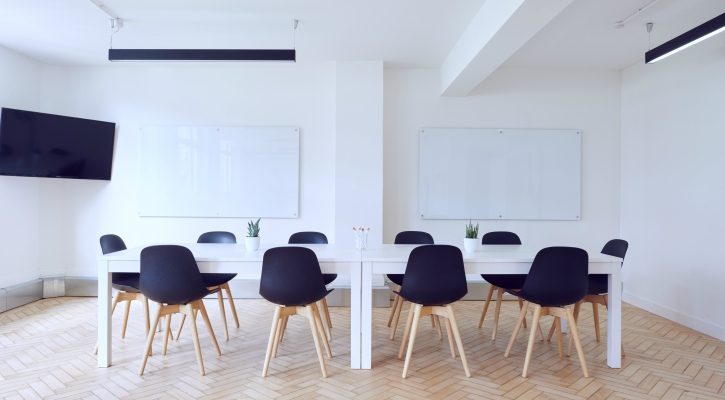
Most jobs are advertised with a salary or a salary range in France, so you should have some
idea of the salary when you apply. If you’re offered the job, there’s probably a bit of wiggle room on your salary. Negotiating is a common occurrence in France, especially if you’re a strong candidate and/or if the advertised salary was a range. Take time to consider the offer before you open up any kind of negotiation, and treat the offer with politeness.
Once you’ve accepted the job offer, you’ll want to open a bank account in France in preparation for your move and start date. Moving money abroad to your new French bank account can be complicated and expensive. Traditional banks use high exchange rates that cost you a lot.
To find a cheaper alternative to make your transition to France easier, look out for Wise. Wise makes international banking better for people who travel or live abroad. Wise has local bank accounts around the world, so when someone wants to transfer money to a different country, they make a local bank transfer. Money never crosses borders and there are no international sending fees. Wise also uses the mid-market exchange rate - the one you see on Google. And for an even more seamless experience, try the new Wise borderless multi currency accounts which allow you to manage and exchange money in 27 different currencies for up to 8x cheaper than traditional banks. And in early 2018 there will be borderless debit cards you can use to make purchases when you're travelling abroad.
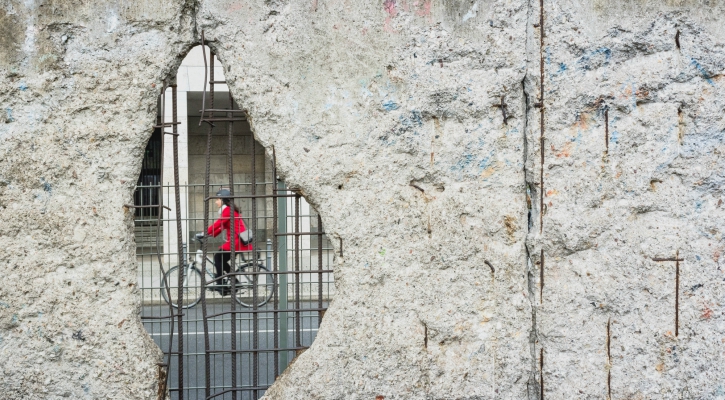
If you’re a citizen of a non-EU/EEA country you may need a visa to work in France. If a work visa is required, you may need it to be sponsored by your employer. This is something that should be discussed during the interview process. If you’re unsure about whether or not you need a visa, consult your government or the French consulate in your home country for details about working abroad in France.
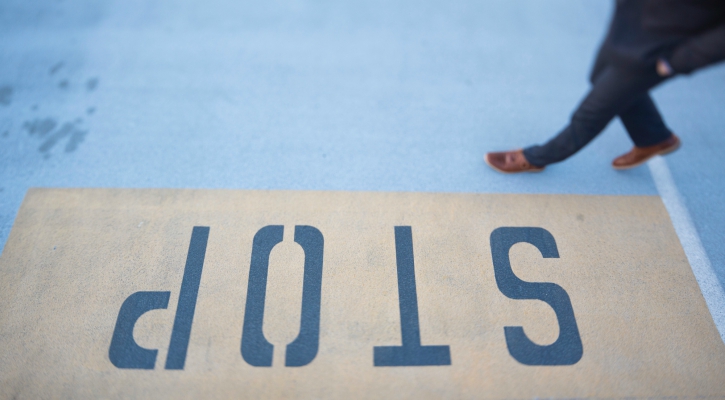
You can end the interview with any follow-up questions that you have. Thank the interviewer for their time, and wait until they stand up to do the same. Remember to stay formal and polite the entire way through the interview. Once you leave the office, it’s customary to send a brief thank you e-mail for the opportunity to interview. Politeness and formalities may feel over the top to you, but in France they’re used frequently and in many types of situations.
Interviewing can be tough, especially overseas in a different culture. But there’s no better way to improve your French skills and immerse yourself in the language and culture than by having a job in France. Once you have a foot in the door, it’s much easier to earn the trust of your employer and launch your position into a full-time career.
Passing the French interview can be doable if you prepare and put your best self forward. Use this guide to help you navigate the interview process in France.
*Please see terms of use and product availability for your region or visit Wise fees and pricing for the most up to date pricing and fee information.
This publication is provided for general information purposes and does not constitute legal, tax or other professional advice from Wise Payments Limited or its subsidiaries and its affiliates, and it is not intended as a substitute for obtaining advice from a financial advisor or any other professional.
We make no representations, warranties or guarantees, whether expressed or implied, that the content in the publication is accurate, complete or up to date.

With its history, art scene and cosmopolitan cities, it’s no wonder France is a huge draw for expats who are looking for a new home. But once you’ve made a...
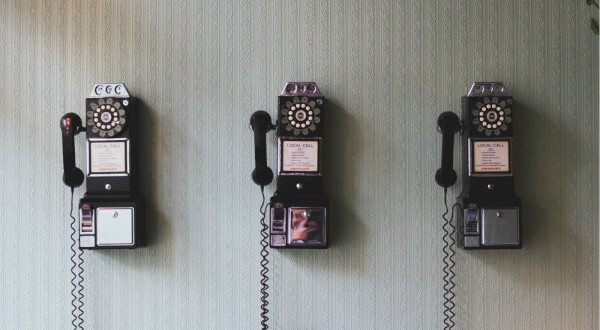
France, with its art, culture, history and food scenes, cosmopolitan cities and stunning countryside, is a top destination for both tourists and expats. It’s...

If you’re moving to France, one of the first things you’ll need to consider is how you’re going to get around. While many of the major metropolitan areas have...

Lucky you, moving to France! It’s a country that’s not just the ideal tourist destination - it’s also a great place to make a home. But when you make your...

French culture is built on great food, fun with the family, and maintaining proud traditions - so it’s no surprise that these factors are central to a French...

France celebrates a number of bank and public holidays and they even vary based on what region of the country you’re in. While only one of France’s holidays...